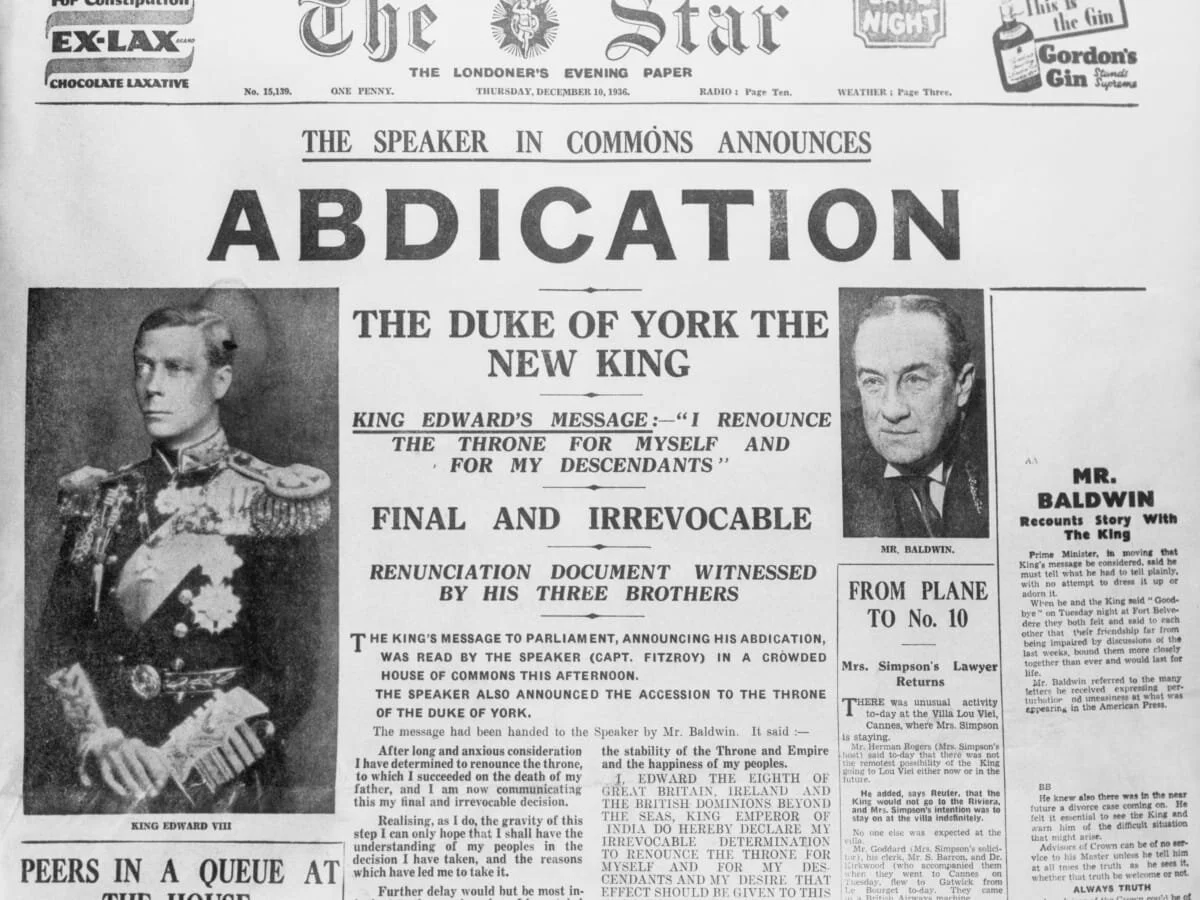Week in and week out, in individual sessions and groups, I hear clients start stories at what they think is the beginning. It happens to me when I’m the storyteller too. I’m sharing what I think is the “origin story” of a struggle, false belief or source of shame but the choices I made in a pivotal moment were shaped by the stories that came before.
It’s the ordinary scenes of my childhood where I learned how others would respond to my needs, what I had to do for connection and the expectations I was expected to fulfill. These are the defining stories that come before the dramatic ones.
In Dani Shapiro’s podcast Family Secrets, Alex Marzano-Lesnevich’s explanation about where we start stories is…
98 seconds of brilliance!
Listen here (Time Stamp 38:00-39:38) to an excerpt from an episode entitled “The Goofy Ring”
*Trigger Warning: Though not graphic in nature, this episode is primarily about Alex’s story as an incest survivor.
One of the things I’m really interested in is how much where you start a story shapes what its meaning is. You interpret my family’s actions and their turning away from the abuse differently if I begin the story shortly before the abuse.
If you tell a larger story about why they would feel compelled to turn away from the past you start understanding it was an extraordinary amount of grief and fear. I think it’s possible to have more empathy for why it would be so important for them to pretend the harms of the past hadn’t happened.
Finding the true beginning of a story of heartache takes community because what is often difficult for us to see from inside the story is obvious to outside witnesses.
Two July opportunities to step into a storytelling community…
Denver In person Story Group Launch Night
Date: Wednesday July 28th 6:30-8:00pm
Location: 8321 Sangre de Cristo Rd (Suite 200) Littleton, CO 80127
Cost: $25 for intro night then $75 per month beginning in August
Online Story Membership Guest Opportunity
Date: Tuesday July 27th 6:30-8:00pm MST
Location: via zoom
Cost: First month FREE then $95 per month beginning in August





